This book seeks to unravel the nexus between the city and the villages in India, the mechanics of it, on the basis of the volume of archaeological evidence in the form of excavations, field studies and analyses of the data related to them, in a manner that its own heritage, both traditional and materialistic, had exemplified. It goes into the roots of the formation and vicissitudes of the bi-polar entities, demographically speaking, that the meandering stream of Indian culture displays on its urbanand rural sectors. Amply diversified by a variety of charts and maps, besides photographic illustrations, an in=depth analysis of the process that had gone into the making of the panorama of Indian countryside is presented in the seven and more chapters, bringing out the main thrusts in the argument. It is also designed to divulge the contrasts of the cultural pattern, the grass-roots manifestations and the complementary values that are evoked by the urban and rural ‘ethos’ in India, which seemingly have a note of predestination already in what they had constituted in its ancient settings. The geo-political, intellectual, economic and other strains of the socio-cultural spectrum of India is woven into a plausible fabric which we own-with its strength and weakness-as our cultural mantle. The development and spectacular display of civic institutions garnering the stamina of the power centers in the capital cities, and the unobtrusive yet patent ethico-moral slants in the philosophy of life that the rural institutions and their earthy wisdom had bestowed, have been read into the very mechanics of the wholesome relationship the rural and urban India had always sustained, are all sympathetically portayed in the background of the traditional pattern of religion, caste-system and economic need-based doctrines which had their own limitations but did hard. It provides the guidelines for a holistic understanding of the growth of material cultures in India, reciprocally with its age-old traditional thought and its industry, pragmatism and conservatism. It is a welcome addition to the dissertations on this absorbing study which archaeological evidence has the unique capacity to reinforce.

Mechanics of City and Village in Ancient India
$22.50
$25.00
In stock
Free & Quick Delivery Worldwide
All orders amounting to US$ 50 or more qualify for Free Delivery Worldwide. For orders less than US$ 50, we offer Standard Delivery at $14 per book.
ABOUT THE AUTHOR K.V. Soundara Rajan
K.V. Soundara Rajan (b. 1952) who additionaol Director General, Archaeological Survey of India, needs no introduction to scholars and academics in art, archaeology and architecture, in India and outside. His contributions to Indian Culture have the mark of secular values, being related to not only Hinduism and its allied facets of Buddhism and Jainism but also to the creative art productions of Islam in architecture. Trained by Mortimer Wheeler and F.E. Zeuner in field archaeology and Prehistoric studies, in which career he has excavated several sites of varying nature in different parts of India, from the Harappan, through the Megalithic to Indo-Roman centres, it is his primary grounding in Sanskrit and its ancient legacy that made him a legitimatae and effective practitioner in interpretative thrusts in both archaeological and traditional studies in an integrative manner. He has a score of books and hundreds of research articles in his name and had, besides being an alumnus of Allahabad University, been the chairperson of several learned societies traveled in the Old world and the New, having lectured and studied their monuments and museums and is respected for his fluent exposition of our cultural heritage. His ‘Essence of Hinduism’ with its succedding Dictionary Volumes of Hindu usages, is perhaps the creation closest to his heart as the quintessential presentation of our cultural legacy. His abiding interests include also Classical music and the Stage.
reviews
0 in total
Review by Anonymous
Be the first to review “Mechanics of City and Village in Ancient India” Cancel reply
You must be logged in to post a review.
Bibliographic information
Title
Mechanics of City and Village in Ancient India
Author
Edition
1st ed.
Publisher
ISBN
8185055963
Length
xix+218p., 1 Map; 26 Figures; 8 Plates; Index; 26cm.
Subjects
more by K.V. Soundara Rajan see more
The Ellora Monoliths: Rashtrakuta Architecture in the Deccan
This book seeks to lift into ...
$16.20
$18.00

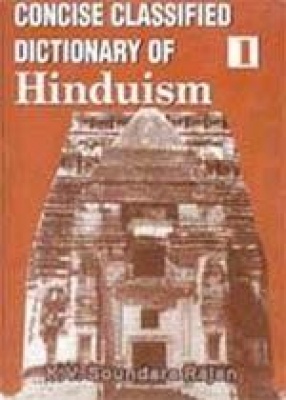
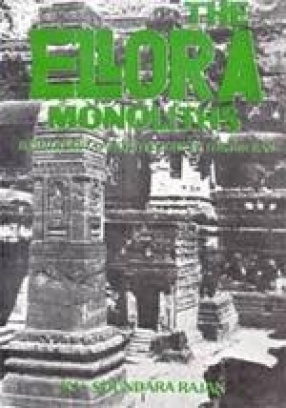
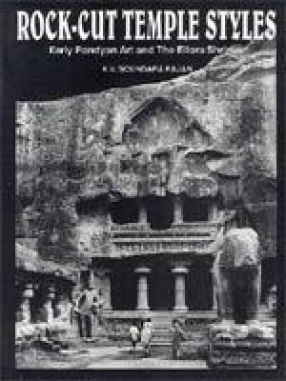
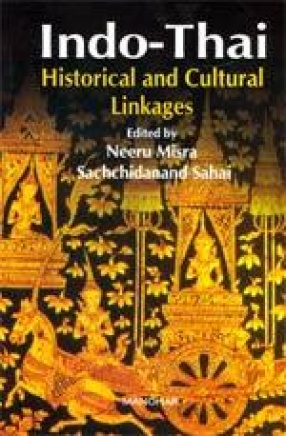
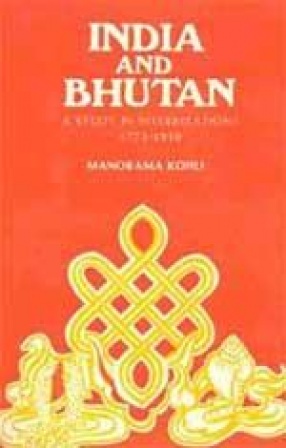

There are no reviews yet.